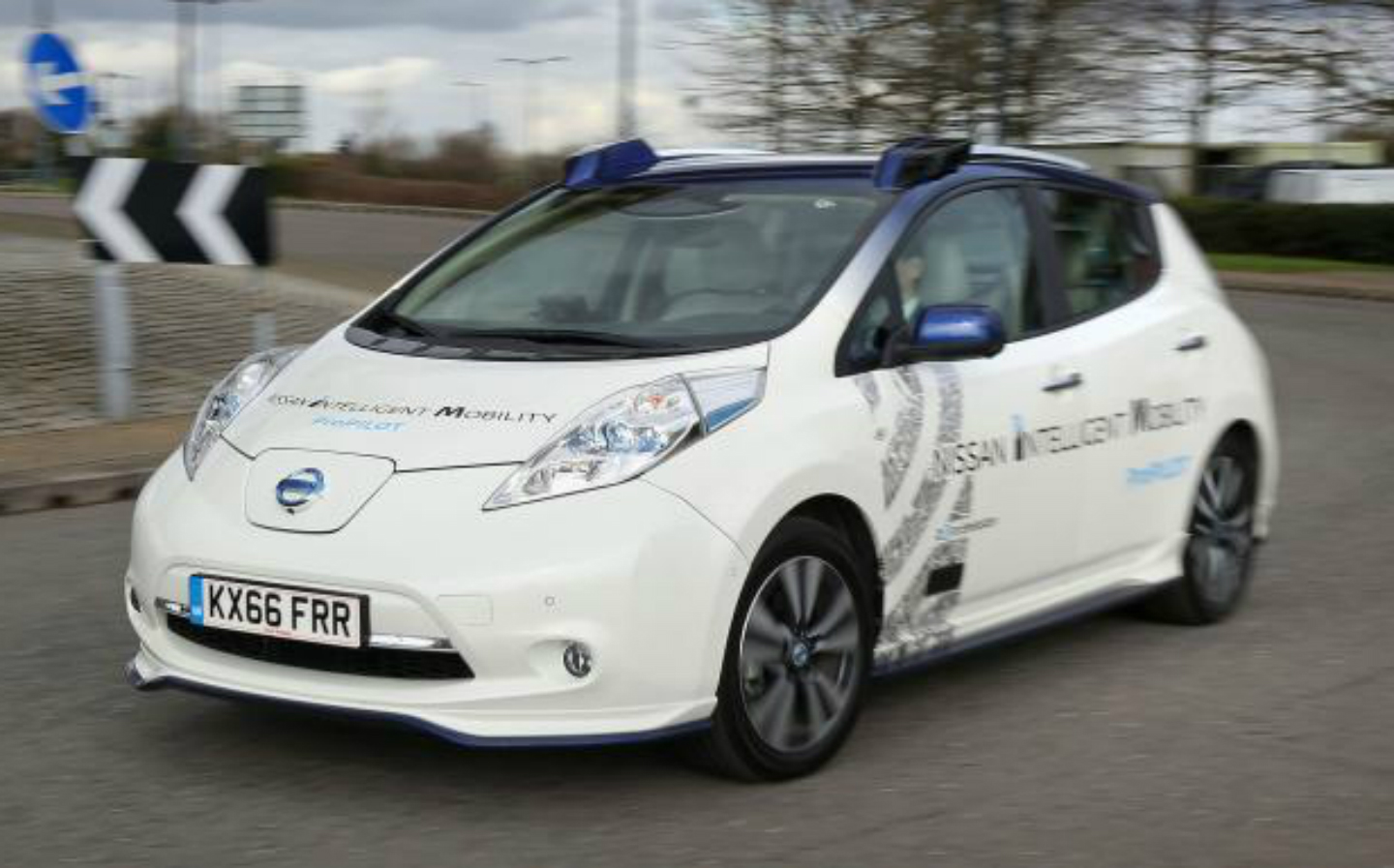Driverless cars on UK roads this year after rules relaxed
Contentious timing for testing tech in public
FULLY DRIVERLESS cars could take to Britain’s roads this year under plans to scrap the requirement for a safety driver to be in control at all times.
The Department for Transport said that new guidelines would be introduced in the summer allowing autonomous vehicles to be tested without a human for the first time in the UK. It will mark a significant milestone in the development of the technology and potentially put Britain ahead of most other countries.
However, since a self-driving Uber Volvo XC90 killed Elaine Herzberg as she was pushing her bicycle across the road in Tempe, Arizona, questions have been asked about the safety of such testing autonomous cars on public roads.
Browse NEW or USED cars for sale
The US has been at the forefront of driverless cars but most tests involve a safety driver either inside the vehicle or intervening via remote control. In November Google said it was running trials of autonomous vehicles on public roads in Arizona with no human driver.
The UK’s new code of practice, drawn up by the government’s Centre for Connected and Autonomous Vehicles, will potentially allow fully driverless cars to be tested on any road in Britain, subject to an application process and safety review.
The plan was announced by Philip Hammond, the chancellor, in the budget last November although the full details have only just been finalised. The government wants driverless cars to be in commercial use in the UK by 2021.
The DfT said: “We are working to make sure the UK remains one of the best places for self-driving vehicles, including updating our code of practice to support true self-driving trials.”
About a dozen separate trials have been run in the UK over the past three years. This month the public have been allowed to ride on driverless pods, with safety stewards, being trialled in Greenwich, southeast London, as part of the government-backed Gateway Project.
The present code of practice, published in 2015, says that operators need to have safety drivers, in the car or operating a remote-control mechanism, who can resume control of the vehicle. Testers need a roadworthy vehicle and appropriate insurance and must comply with the rules of the road.
The new code will support vehicle tests “without a human safety driver”, the DfT said. “Applications will be assessed on a case-by-case basis.”
David Williams, technical director at the insurer Axa, which is involved in five UK trials, said: “[This] is the next logical step to delivering automated technology that has the potential to make our roads much safer.”
Charlie Henderson, roads expert at PA Consulting Group, said that other regulations needed to open up roads to driverless cars were still years away. These included a review of driving laws and “where the blame lies when something goes wrong”. He added: “We believe we will not see a significant number of fully autonomous vehicles on our roads in the UK for another ten years.”
Graeme Paton
This article first appeared in The Times
Uber self-driving car fatal crash: Arizona police release shocking dash cam video





